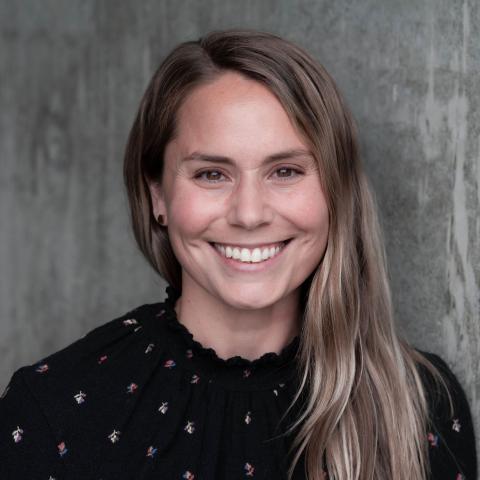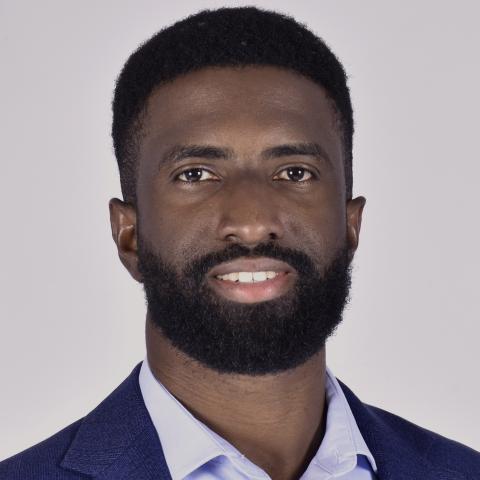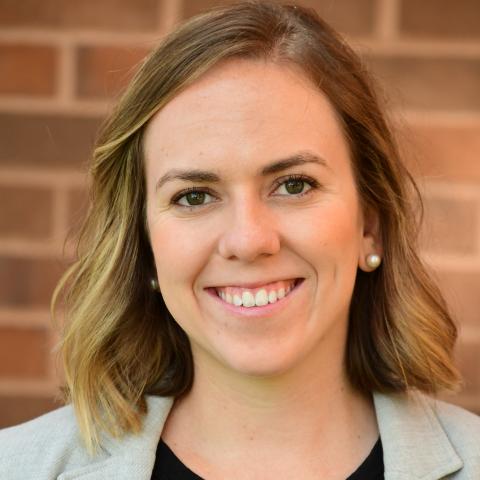Together, we can – and must – stand up for science, effective climate action, and a better future
This is a troubling time for people working on climate change.
Despite the widespread, accelerating deployment of climate solutions around the world, events over the last few months are casting doubt on future efforts.



